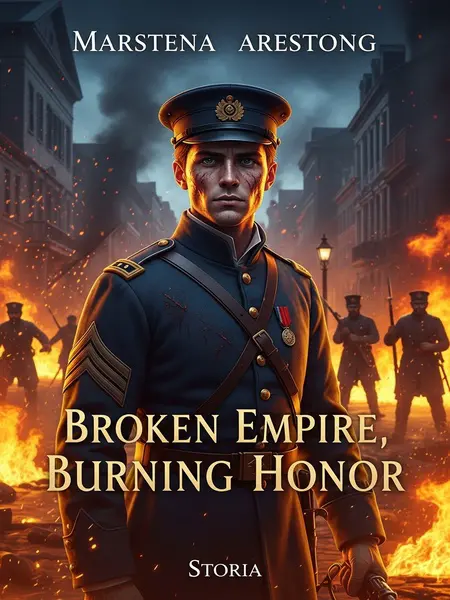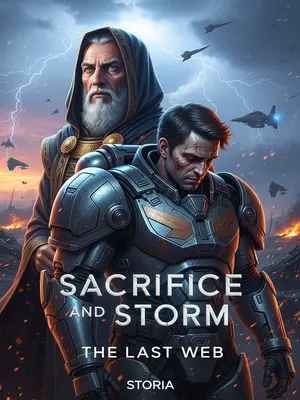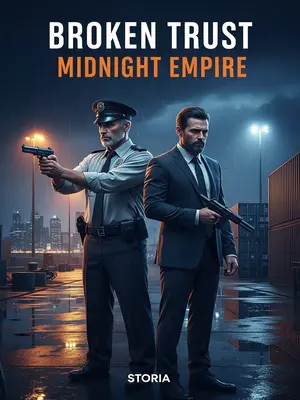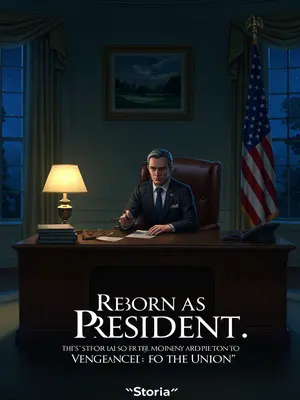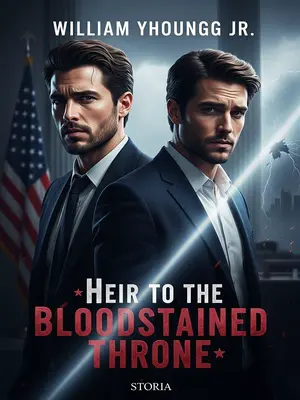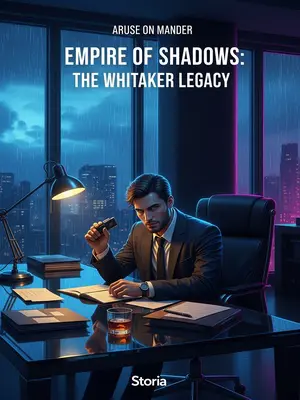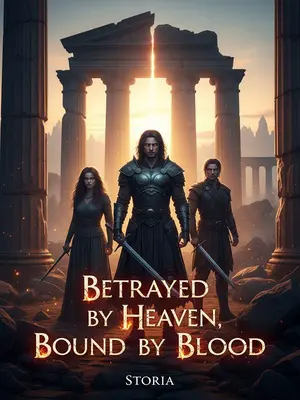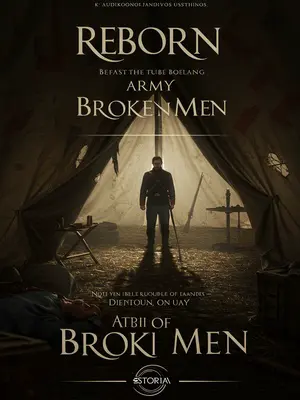Chapter 5: The Last Defense
The thought of Mrs. Monroe—so fierce and proud—trapped by her enemies made Whitaker’s jaw clench. He muttered a curse under his breath.
Bottom line: the situation was critical. Henry was too hurt to help, and the Unionist Party he led was finished. The only thing left standing was the federal garrison.
For a moment, nobody spoke. Whitaker felt the weight of Charleston settle squarely on his shoulders.
Back at the base, more bad news rolled in. Victor Kim had claimed the federal troops were in revolt, set off explosives in City Hall, and—with a mix of threats and trickery—forced Mayor Gordon and key officials to move to the fortress-like Magnolia House.
The reports kept coming, each one worse than the last. Magnolia House—thick brick walls, iron gates—was now a gilded cage.
During the move, Victor Kim suggested bringing in Japanese marines for extra “protection.” Mayor Gordon agreed. Now, under Takezoe’s orders, at least 200 Sendai Battalion men had moved in as guards.
Whitaker’s fists tightened. He knew once foreign troops got inside, getting them out would be a whole new war.
Then came the confirmation that made his blood run cold.
Every message brought worse news. The city’s fate was being decided behind closed doors.
Except for Henry Monroe, Victor Kim’s men had wiped out the four top officers of Charleston’s best-trained city guard. The Unionist Party’s leadership—loyal to Washington—was gone. Their seats filled by Reform League men. In one night, Charleston’s power had flipped.
A cold sweat prickled Whitaker’s brow. The city he’d sworn to protect was upside down, and the clock was ticking.
With Victor Kim holding the mayor hostage, Whitaker—usually quick to act—knew one wrong move could get everyone killed. He called back all patrols and rushed to report to his superiors.
He spelled it out, voice low and steady: “Right now, our country’s tied up with France over the Panama Canal. The Japanese marines are in Magnolia House by the mayor’s order. Our men are tough—we could squash the Reform League. But if the Japanese jump in and shots are fired, Japan could declare war. If Washington blames us, we’re sunk.”
The room was silent. Whitaker met each officer’s eyes, making sure they understood just how high the stakes were.
General Douglas nodded, but there was no easy answer. He looked older than he had the day before, his confidence shaken.
Whitaker paused, then offered a suggestion.
He leaned in, voice barely above a whisper. “If we can’t move openly, maybe we can force their hand another way.”
Around noon on December 5, a letter from the federal base landed at Magnolia House, addressed to Mayor Gordon.
The envelope bore the official seal. The courier looked like he was delivering bad news, not a simple note.
Of course, by then, the mayor and his wife were under house arrest. Only Victor Kim and his crew would see the letter.
The Reform League’s men intercepted it, faces unreadable. Somewhere inside, Mrs. Monroe stared out at the magnolia trees, probably plotting her next move.
Victor Kim knew Whitaker was too sharp to waste a letter, but he couldn’t guess the game. He paced, letter in hand, suspicion written all over his face.
To crack the code, Kim and his crew opened the letter themselves.
They huddled around, reading by lamplight, searching for hidden meaning in every word.
But the letter was simple. Whitaker, Douglas, and Brooks had all signed it. The request: permission to enter Magnolia House to provide protection.
So bold, it bordered on crazy. The Reform League men exchanged looks—was this a trap? Or just a bluff?
After all that bloodshed, after seizing control, how could the Reform League possibly say yes?
It felt like a trick, but the logic was airtight. Say no, you look guilty. Say yes, you hand control back to the feds.
Kim and his men had no clue what Whitaker was really up to. Still, in the mayor’s name, they sent back a polite refusal—couched in the stiffest diplomatic language they could muster.
The game of cat and mouse was still on.
While Victor Kim puzzled over Whitaker’s next move, Whitaker was in a heated debate with the federal commanders at the Charleston base.
The meeting room was thick with tension. Maps, telegrams, and cold coffee littered the table. Tempers ran high.
“Without orders from Washington, we mustn’t act rashly!”
General Douglas and Colonel Brooks practically shouted in unison, voices bouncing off the walls.
But Whitaker wouldn’t budge.
He stood his ground, jaw tight. “If we wait, we lose the city. If we act, we risk war. But doing nothing guarantees defeat.”
Official reports to D.C. had to go by Navy ship—days out and back. By then, Charleston could be lost.
Whitaker drummed his fingers on the table, frustration written all over his face. Time was slipping through their fingers.
He believed a real commander had to act—fast. Wait too long, and you lose everything.
He’d seen it before. Friends lost while higher-ups waffled. He wasn’t about to let that happen again.
But rank was everything in the Army. Whitaker was only a captain—Douglas and Brooks outranked him by a mile.
He knew the score. The only reason he was in the room was because his dad and General Quincy were old war buddies.
It was an open secret. The old boys’ network kept him in the game—barely.
The thought stung, but Whitaker pushed it aside. Bigger problems now.
With the argument going nowhere, everyone turned to Charles Stanton.
Stanton folded his hands, thinking it over. The room waited.
He spoke calmly: “What Henry Monroe said checks out. The Reform League and Japanese probably coordinated with the foreign consuls ahead of time. Just now, the American, British, and German consuls all came to me. They advised we hold off on any action that could make things worse.”
His words were measured, but the warning was clear—one wrong move, and the world could explode.
“My opinion matches General Douglas and Colonel Brooks: we wait for Washington. No rash moves.”
He leaned back, as if the matter was settled.
Right then, a message from Unionist Party leader Michael Yoon arrived, urging the feds to hold back.
Michael’s note was short, but the meaning was clear: patience might save lives.
Michael Yoon was Whitaker’s closest friend in Charleston. He believed that if the federal troops acted, the mayor’s life was forfeit.
Whitaker trusted Michael, but the helplessness gnawed at him. Every second wasted gave the enemy a bigger head start.
Seeing Michael also push for caution, Whitaker had to step back—at least for now.
He nodded, jaw set. There’d be another chance. There had to be.
So the meeting agreed: the federal troops would wait. Stanton and Douglas would write urgent letters to D.C., begging for reinforcements and clear orders.
The scribes wrote through the night, pens scratching in the lamplight. Whitaker paced, restless, unable to sit still.
But what they didn’t know was that Whitaker, even as he backed down, never let go of his plan. He saw it clearly: Japan wasn’t ready for a real war with the U.S.—not yet. But if they used the Reform League to seize Charleston, they’d have the money and muscle to become America’s biggest threat in the East.
He ran the numbers in his head, weighing every risk. The next forty-eight hours could decide the country’s fate.
Better to fight early than late. Better to fight in Charleston than somewhere deeper in America.
He whispered the words like a vow. When the moment came, he’d be ready.
As soon as Whitaker left the generals, he started prepping for action—quietly, carefully.
He gathered his most trusted men, passing orders in whispers. Every move was measured, every risk double-checked.
He listed his problems on a scrap of paper, hands shaking with adrenaline.
First—manpower.
Most of the Army’s best were tied up fighting France over the Panama Canal. Back in May, Whitaker’s uncle, General Quincy, had taken three battalions to D.C. Whitaker was left with maybe 1,500 soldiers.
Not much, but he’d make it work. Sometimes, it wasn’t the size of the force—it was the fight in the men.
According to his intel, the Reform League’s armed force—the “Magnolia Association”—had maybe a hundred or two hundred men. Add the city guards and Japanese marines, and you had fewer than a thousand.
He marked their positions on a city map, every alley and rooftop a possible battleground.
For now, the advantage was his—at least for a day or two.
He clung to that hope. He wasn’t about to let Charleston fall.
But that edge wouldn’t last.
Victor Kim had forged city orders, put his own men in charge of the city guard. The new city guard had over a thousand men, and the Charleston garrison had several thousand. Once those troops turned, the feds would be outnumbered and outgunned.
Whitaker stared out the window at the sleeping city, jaw set. Tomorrow, everything could change. But tonight, he swore—Charleston wouldn’t go down without a fight.
